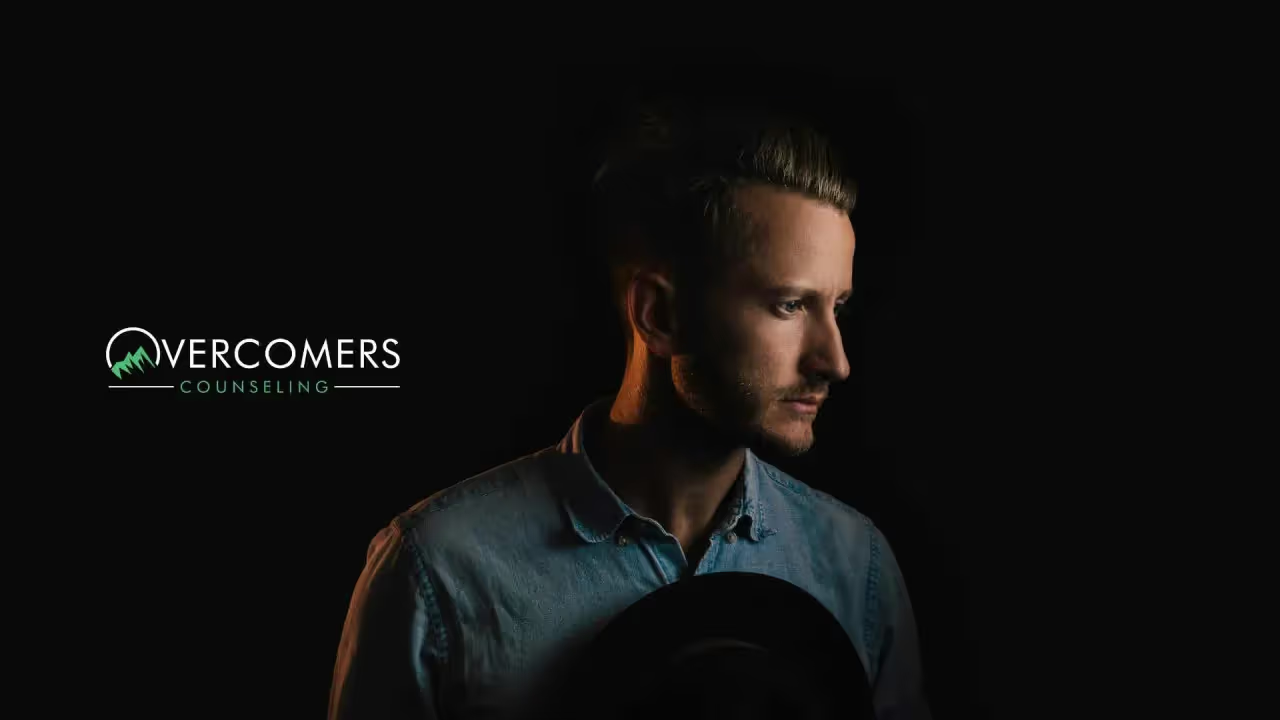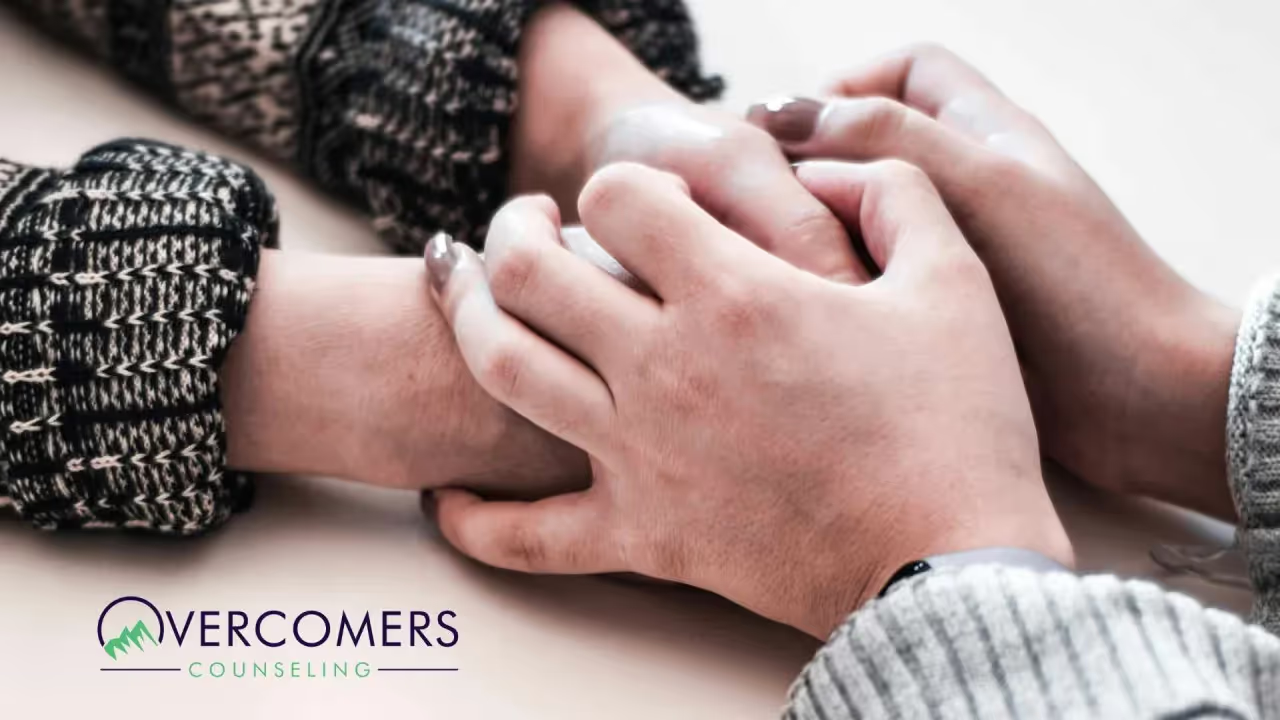Introduction Coping with post-traumatic stress disorder (PTSD) resulting from emotional abuse is a challenging journey that requires resilience and...

Coping with post-traumatic stress disorder (PTSD) resulting from emotional abuse is a challenging journey that requires resilience and support.In this guide, we will explore strategies and examples to help individuals navigate the complexities of healing from traumatic experiences.PTSD from emotional abuse can manifest in various ways, impacting mental and overall health.By learning effective coping mechanisms and seeking appropriate resources like counseling or therapy for PTSD, individuals can take significant steps towards reclaiming their sense of empowerment and finding inner peace amidst the aftermath of emotional trauma.
Behavioral, Emotional, and Physical Indicators of PTSD Resulting from Emotional Abuse
Behavioral Indicators
Emotional Indicators
Physical Indicators
When addressing PTSD resulting from emotional abuse, seeking professional help is crucial in the healing process.Exploring therapy options can provide a structured and supportive environment for individuals to process their trauma and develop coping strategiesQualified therapists specializing in trauma-informed care can offer personalized treatment plans tailored to each individual's unique needs.Additionally, considering medication and holistic approaches can complement therapy sessions and enhance the overall healing journey.For those seeking a reliable resource for PTSD counseling, Overcomers Counseling stands out as a reputable option.Our team of experienced therapists specializes in trauma recovery and provides a safe space for individuals to navigate their healing process.Through evidence-based practices and compassionate care, Overcomers Counseling promotes a healing-centered approach that empowers individuals to overcome the effects of emotional abuse.
Self-care is a vital aspect of managing PTSD resulting from emotional abuse, offering individuals practical ways to prioritize their mental health and promote healing. Engaging in regular exercise, such as yoga or walking, can help reduce stress levels and improve overall mood.Physical activities like running or dancing serve as outlets for releasing pent-up emotions and promoting a sense of empowerment.Practicing mindfulness and meditation techniques can aid in grounding oneself during moments of anxiety or distress, fostering a greater sense of inner peace and resilience.Creating a safe and comforting environment at home is another self-care strategy that can positively impact individuals with PTSD.Examples include establishing a calming bedtime routine, incorporating soothing scents like lavender essential oil, and surrounding oneself with comforting objects or mementos.This may involve limiting exposure to triggering situations, practicing assertiveness in communication, and prioritizing one's needs and boundaries.In addition to physical and environmental self-care practices, engaging in creative outlets can provide therapeutic benefits for individuals coping with PTSD.For example, journaling to express emotions and track progress, painting or drawing as forms of self-expression, or participating in music therapy to process trauma through sound.Such creative pursuits offer individuals avenues for exploring their emotions in a safe and constructive manner, facilitating healing.

Supporting friends and family members who are dealing with PTSD resulting from emotional abuse requires a compassionate and understanding approach.One key aspect of offering support is to listen actively and without judgment.Creating a safe space for individuals to share their feelings and experiences can help them feel validated and heard, which is essential in the healing process.Validating their emotions and experiences, even if you may not fully understand, can strengthen your relationship and provide comfort.Empathy plays a significant role in supporting loved ones with PTSD.Demonstrating empathy involves acknowledging their pain and struggles while showing that you care and are there for them.It's important to offer emotional support without trying to minimize or fix their feelings.Simply being present, offering a shoulder to lean on, and expressing genuine concern can go a long way in showing your support.Additionally, educating yourself about PTSD and its effects can provide you with a better understanding of what your loved one is going through.Setting boundaries is crucial when supporting individuals with PTSD.Respecting their boundaries and understanding their triggers are vital to maintaining a safe and supportive environment.Encourage open communication about what helps and what may be triggering for them.Overall, providing consistent emotional support, practicing empathy, and respecting boundaries are key components of effectively supporting loved ones as they navigate the challenges of PTSD recovery.
It's essential to acknowledge the impacts of emotional abuse-induced PTSD and take proactive steps towards healing and recovery.Recognizing triggers, establishing a safe environment, and practicing self-care, individuals can begin their journey towards healing.Seeking professional help through therapy or support groups can provide valuable guidance and support.Healing is a process that takes time, but with patience, self-compassion, and the right support system, individuals can gradually work towards reclaiming their sense of peace and empowerment.
https://www.sandstonecare.com/young-adults/mental-health/
https://peaksrecovery.com/mental-health/anxiety-treatment/
https://www.ptsd.va.gov/publications/print/understandingptsd_booklet.pdf
https://ncsacw.acf.hhs.gov/userfiles/files/SAMHSA_Trauma.pdf
Addressing trauma and trauma related issues is crucial for several reasons. Trauma can significantly impact an individual's mental health, leading to conditions like post-traumatic stress disorder (PTSD). Long-term effects of unaddressed trauma can include recurring nightmares, behavioral reactions, and physical symptoms such as heart palpitations and chronic pain. According to SAMHSA, effective behavioral health care must consider the importance of addressing trauma, recognizing its pervasive presence in society.
If you have experienced trauma and believe it may be contributing to your addiction, discuss your concerns with a mental health professional who can assess your needs and recommend appropriate treatment options.
While it is natural to want to avoid triggers, complete avoidance is not always possible or productive.
Instead, focus on developing coping strategies and building resilience to help manage triggers when they arise.
Inform your therapist immediately if you experience a trigger during a session.
They can help guide you through grounding techniques or adjust the session's focus to ensure you feel supported and safe.
Practice assertive communication, using "I" statements and clearly articulating your needs and boundaries.
Regularly check in with your therapist to confirm their understanding and discuss any concerns or miscommunications that may arise.
While it can be beneficial for a therapist to have experience with your specific type of trauma, it's not always necessary. A skilled trauma-informed therapist should have the knowledge and tools to help clients heal from various traumatic experiences. However, if you feel strongly about working with someone who has specialized experience in your particular trauma, prioritize this in your search.